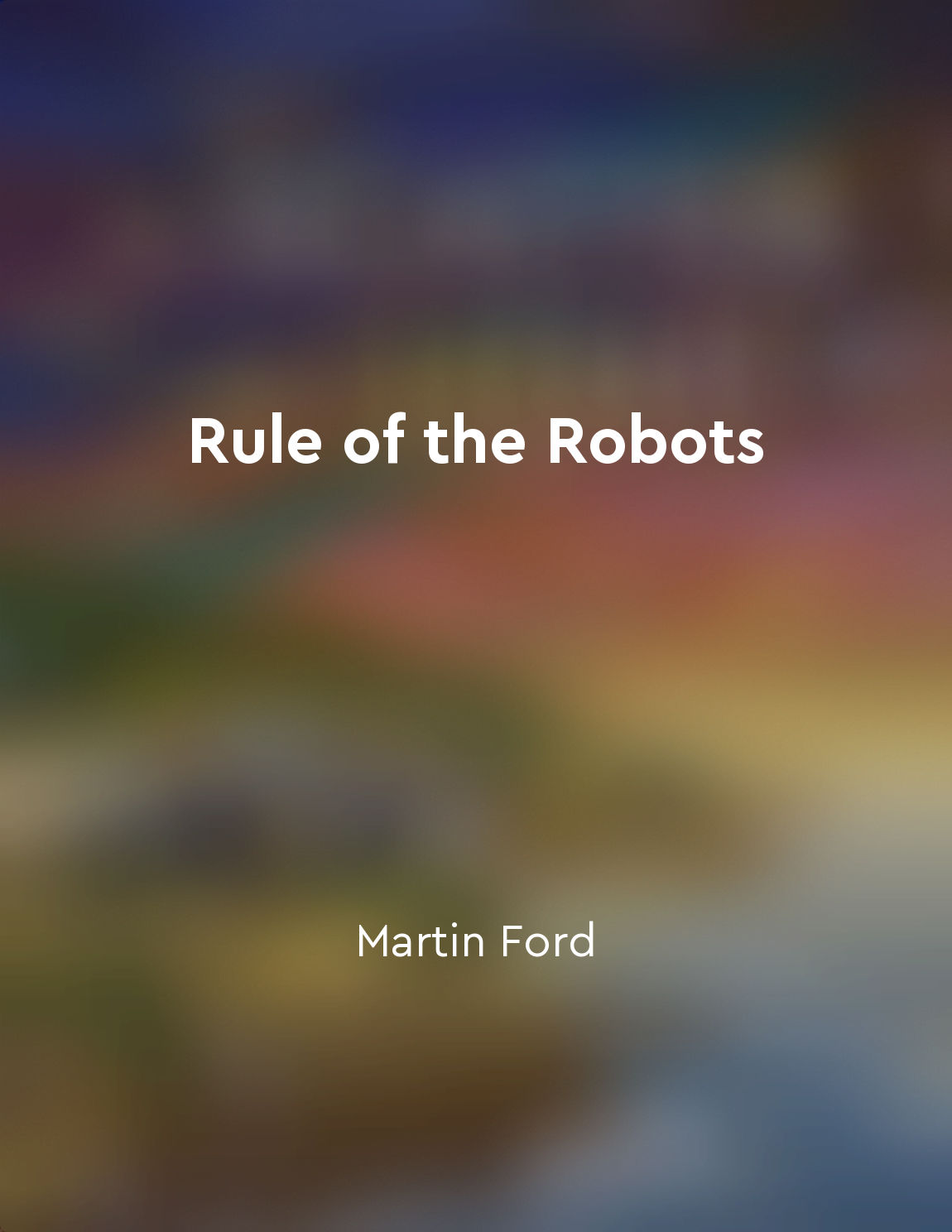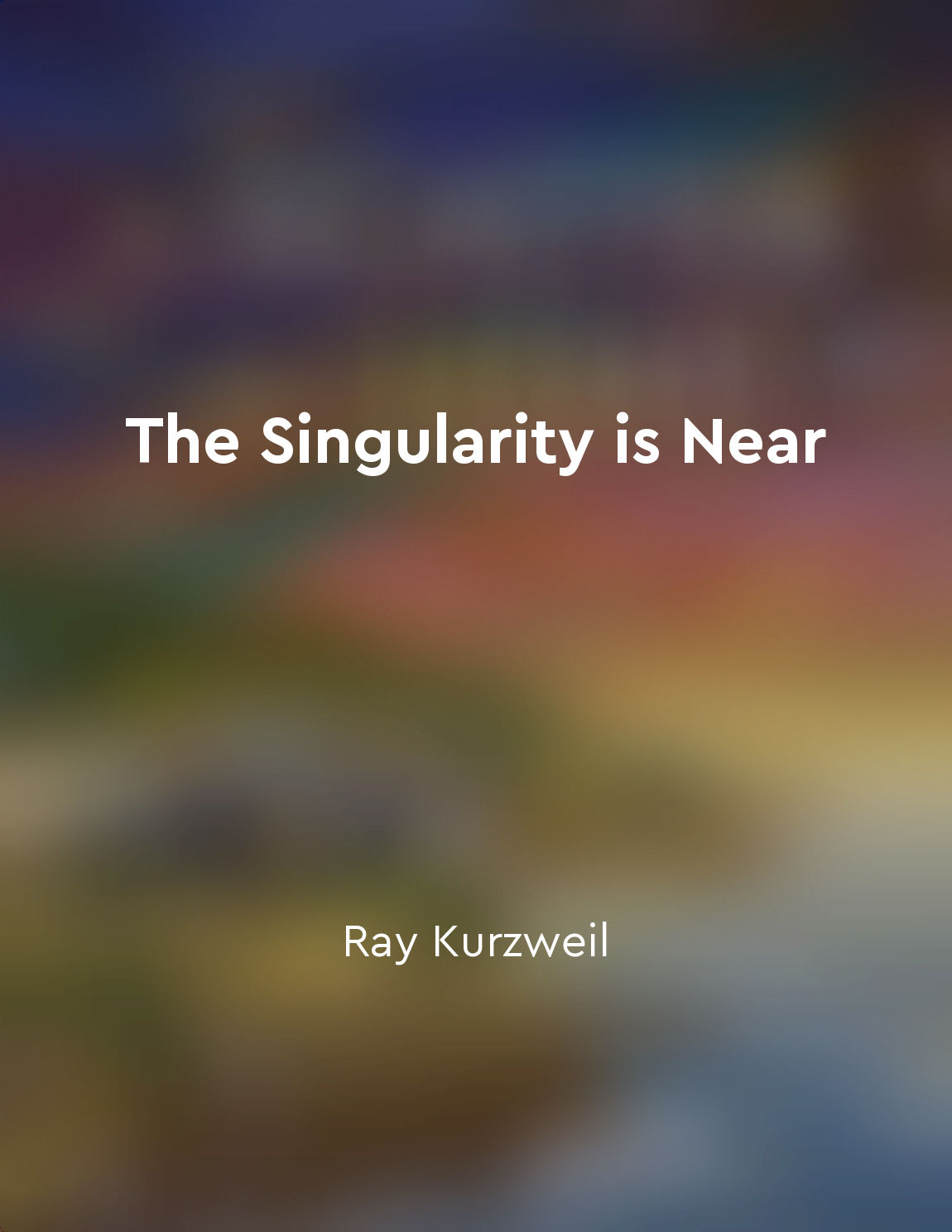The idea of free will is being called into question, as algorithms predict and influence our choices from "summary" of Homo Deus by Yuval N. Harari
The belief in human agency and autonomy is deeply ingrained in our culture and consciousness. We like to think that we are the masters of our own fate, that we have the free will to make choices and decisions that shape our lives. However, with the rise of algorithms and data analytics, this cherished belief is being called into question. Algorithms are becoming increasingly adept at predicting human behavior and influencing our choices. They can analyze vast amounts of data to identify patterns and trends, allowing them to anticipate what we will do before we even know it ourselves. This raises troubling questions about the extent of our autonomy and the true nature of our decision-making processes. In a world where algorithms can predict and influence our choices, do we really have free will, or are we simply responding to the nudges and prompts of these powerful technologies? Are we truly making decisions based on our own preferences and desires, or are we being subtly manipulated by algorithms that know us better than we know ourselves? The implications of this shift are profound and far-reaching. If algorithms can accurately predict and influence our choices, what does that mean for concepts like personal responsibility and moral agency? How can we hold individuals accountable for their actions if those actions are the result of algorithmic manipulation? As we grapple with these questions, we must confront the uncomfortable truth that our cherished belief in free will may be nothing more than an illusion. The rise of algorithms and data analytics is forcing us to reconsider the very foundations of our understanding of human agency and autonomy. It is a challenging and unsettling prospect, but one that we cannot afford to ignore.Similar Posts
AI has the potential to improve efficiency and productivity in many industries
AI's potential to enhance efficiency and productivity across various industries cannot be overstated. By streamlining processes...
AI experts discuss the future of artificial intelligence
In a groundbreaking collection of interviews, leading figures in the field of artificial intelligence come together to share th...

Social policies must be reimagined to address the impact of automation on jobs
As automation continues to advance, it is becoming clear that the impact on jobs will be significant. Traditional employment op...

Inequality driven by technological disparities
The acceleration of technology is leading to a widening gap in wealth and opportunity. As new technologies emerge, those who ca...
AI has the potential to revolutionize healthcare and medicine
AI has the potential to revolutionize healthcare and medicine by transforming the way we diagnose and treat diseases. With the ...
Challenges associated with algorithmic decisionmaking
Algorithmic decision-making poses a myriad of challenges that go beyond the technical aspects of coding and data analysis. One ...
The data collected is used for various purposes
Data collection is a pervasive part of our lives. Every time we use the internet, make a purchase, or even just walk down the s...

Machines can analyze data at a rapid pace
In a world increasingly inundated with data, the ability of machines to rapidly analyze information has become a crucial asset....
Digital transformation has accelerated due to the pandemic
The pandemic has acted as a catalyst for digital transformation across various sectors. Businesses that had been hesitant to em...
Ensuring AI is aligned with human values is challenging
The challenge of aligning artificial intelligence with human values is a complex and multifaceted issue that requires careful c...

